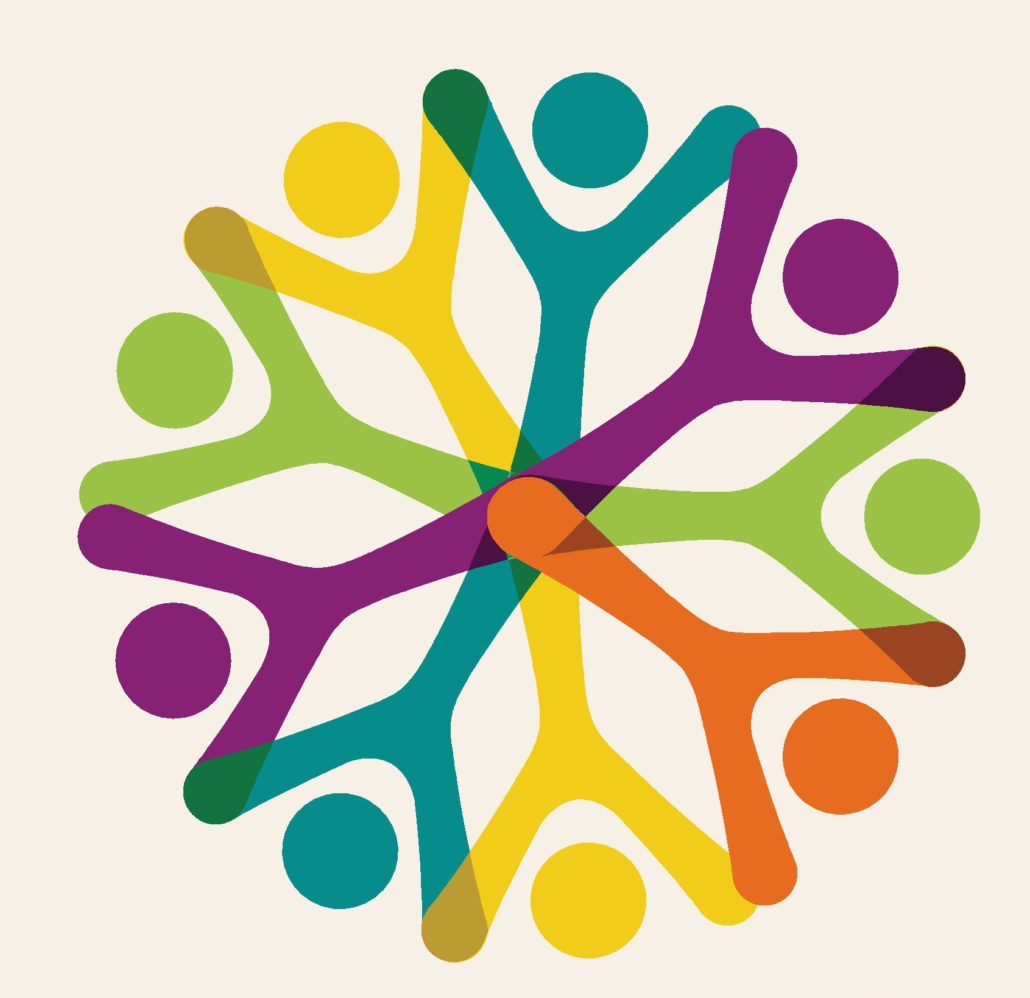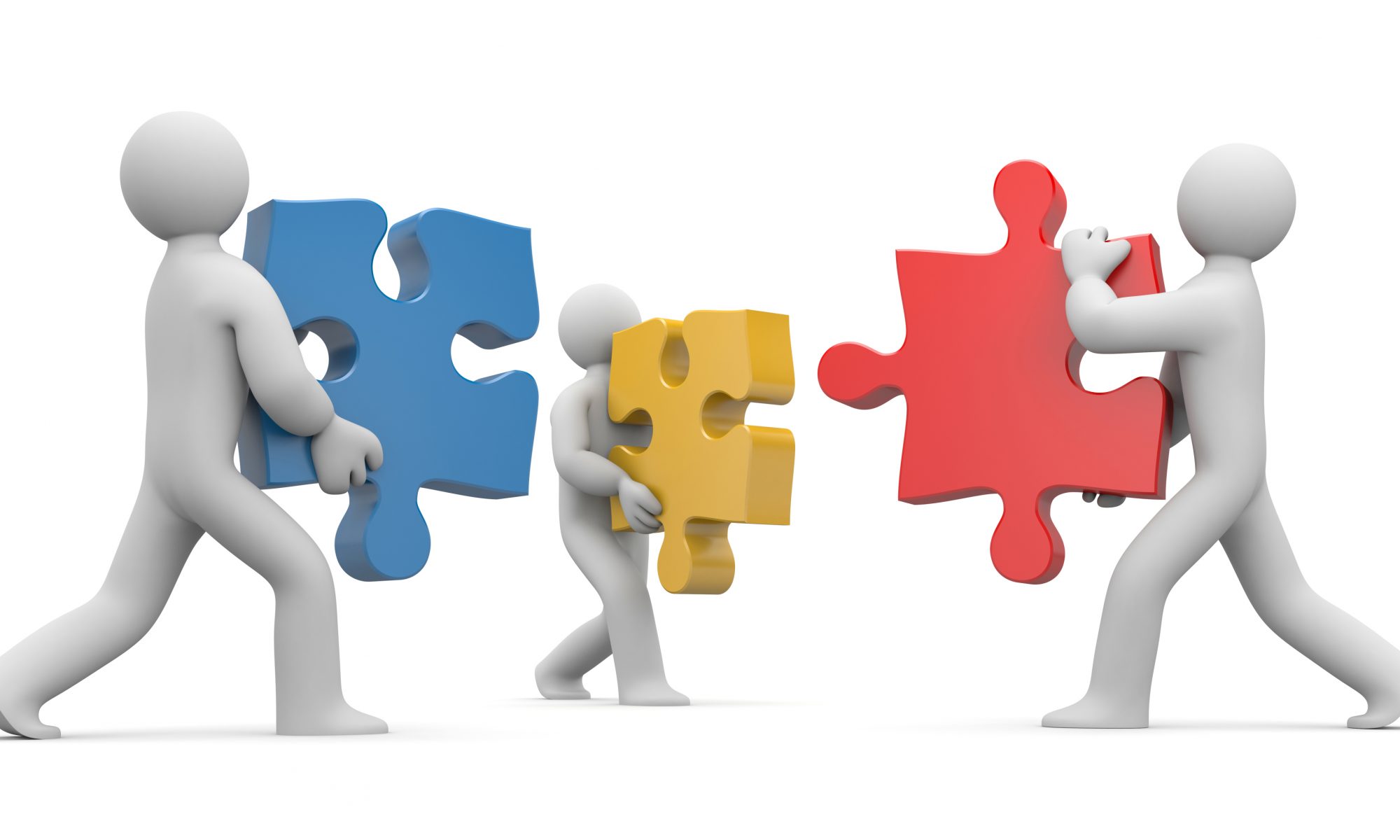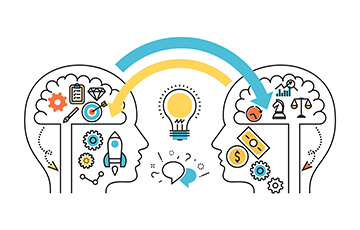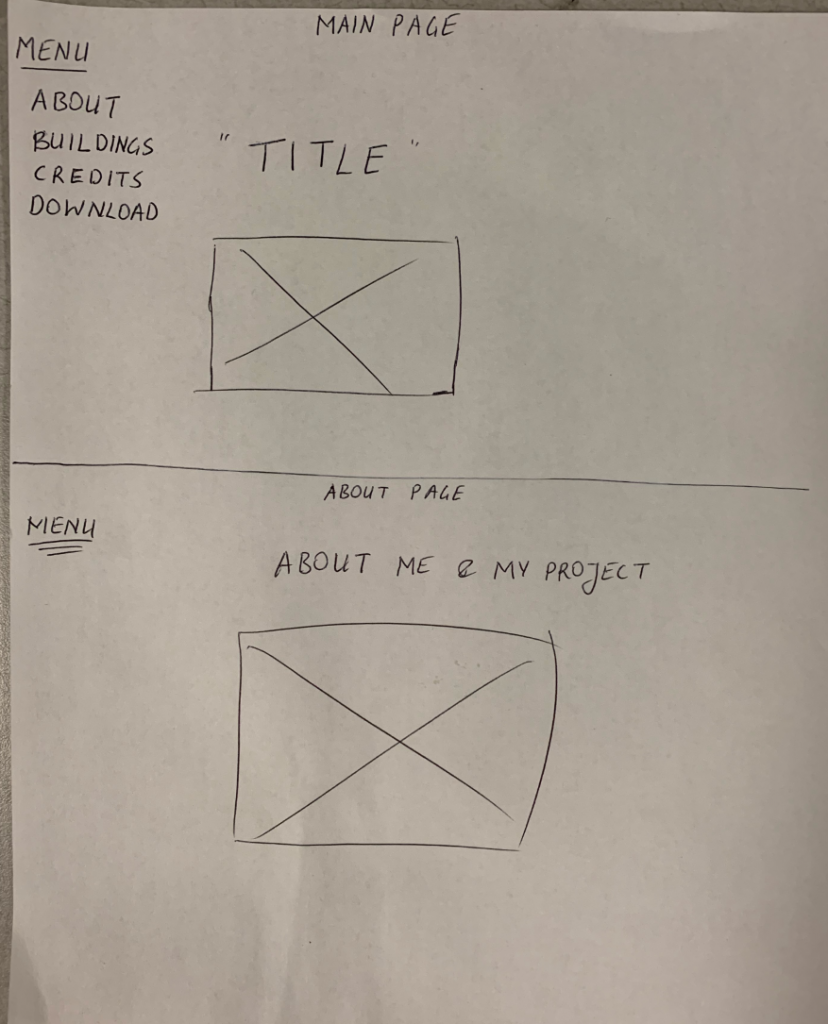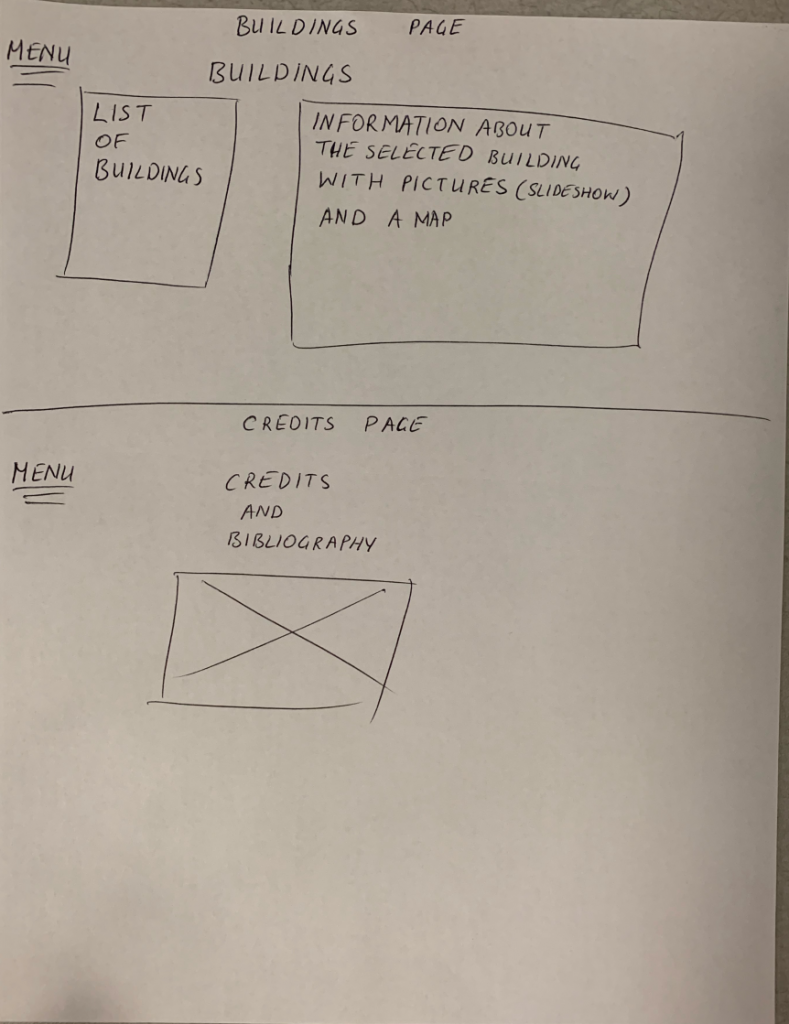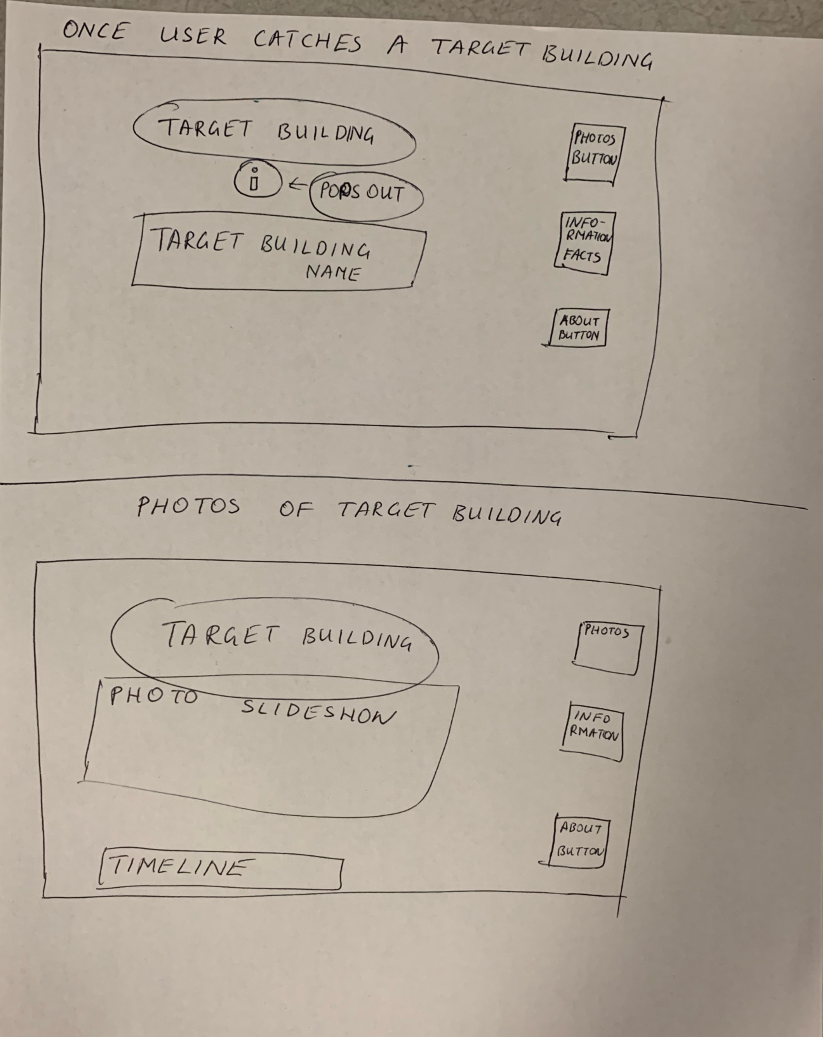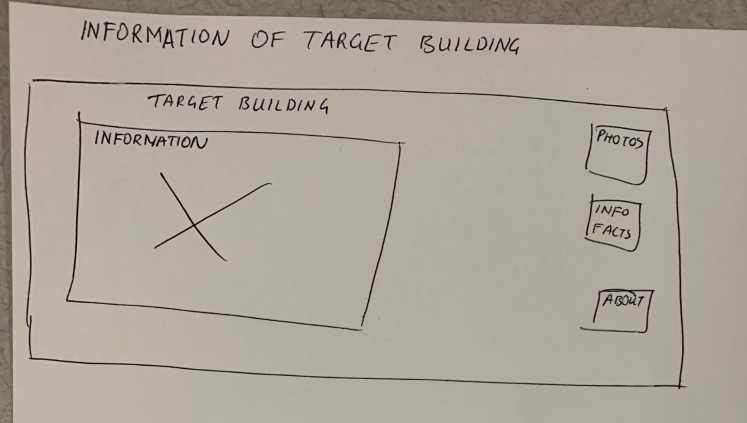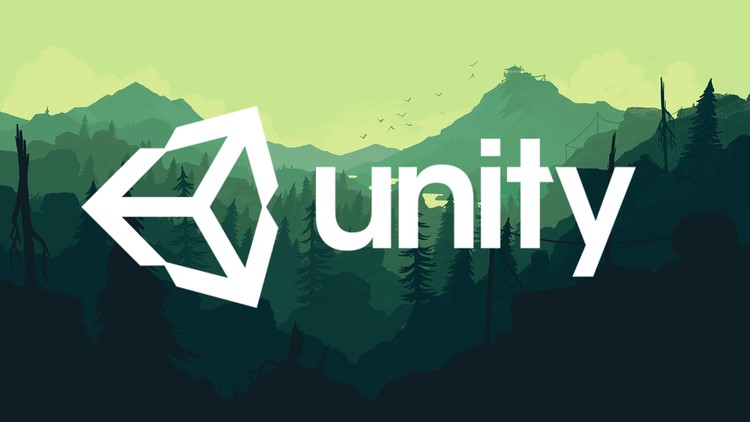Hi Everyone,
I cannot believe it is already my last but not least reflective response for the DSSF 2019. I feel both happy to be able to part of DSSF this summer and sad that it is time to say goodbye now, it went by so quickly.
Firstly, before answering the question I would like to THANK the DSSF 2019 TEAM: Amy, Clint, Emma, Emmarie, Eric, John, Maci, Michaela, Kevin, and RC. This was a pleasure to work with you guys and it was very a enjoyable time to spend summer with you. I think together throughout this program, we were able to build a strong, bonding community that will always be supportive of each other.
This time being in the DSSF program, my perspective at values of DH has changed a bit, or I would say have evolved a bit. In the beginning of the first week of the program, I was more focusing probably on my self working and being passionate at your work, and all that matters is not the result but the process and how much of your heart you have put on your work throughout your project. I still think that it is important and without loving what you are doing, you cannot achieve the perfectness (if it is even possible) of your project. Being ambitious, passionate and never giving up makes you and your work stronger as you are confident of it and in the end you will enjoy what you have achieve and you will proudly present to others.
But apart from these values, while spending time at DSSF, being part of the team, I have put more focus on a group/ community rather than individuality. As living with DSSF fellows and spending time with DSSF librarians, we have built as I said earlier a bonding community, which matters to me more than myself. I alone am very weak, but in a community I can get a support from anyone when it is needed. However, it is also important that you are equally supportive to others so that you can build stronger bonds together and have a trusted community. So my values of DH has evolved, which means they have increased, I do not only look at being passionate but also at building a community. Of course, the community is supportive of your work, but you do not have to focus on community, you can have stronger bonds by doing creative and fun activities outside work, where you can learn each other more and understand each other even better.
Now even if you think you failed at doing your work, you have not! Because, if you have built a strong community, they will not let you fall down, and they will support you until the end and help you to find other solutions for your problems.
I think that community is build on trust, so never lie to each other and be honest with yourself, your work, and your colleagues!
Best wishes!
Thank you for reading my reflections!
Have a good summer!
JHA

